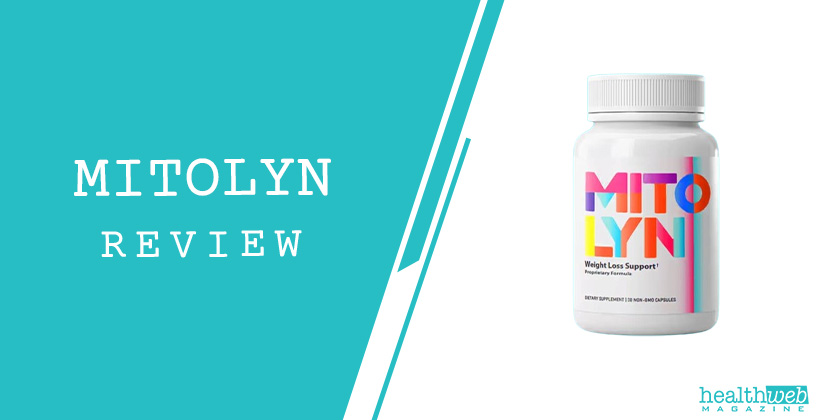
In order to achieve a world free of all forms of malnutrition, WHO supports Member States to ensure universal access to effective nutrition actions and to healthy and sustainable diets. To do this, WHO develops evidence-informed guidelines on the appropriate actions Member States and partners should take to improve nutrition in individuals and populations.
Guidelines contain the latest scientific evidence for clinical practice or public health policies and programmes, such as information about the amounts of salt and sugars people should eat, as well as recommendations on infant feeding and iron supplementation, among others.
WHO guidelines offer a choice among different interventions or measures that physicians, public health professionals and Member States can make to have an anticipated positive impact on health and nutrition. Each guideline goes through an independent, transparent, evidence-informed, consensual decision-making process.
WHO prioritizes the development of new guidelines on an ongoing basis and tracks the process through our nutrition guideline development and process tracking tool. New guidelines can take anywhere from 6 months to 5 years to produce. All guidelines currently in development, as well as those published within the past 12 months are listed in the tool.


